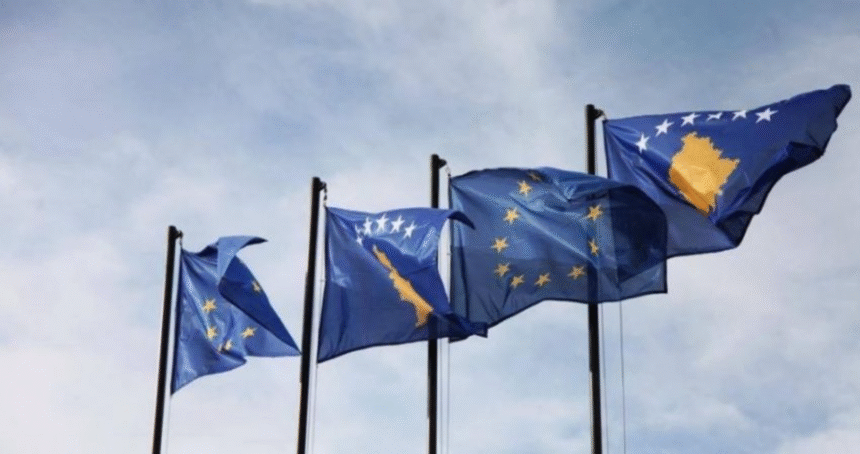After nearly two years, the European Union has started gradually lifting some of the punitive measures it imposed on Kosovo. This process, however, remains conditional Kosovo must reduce tensions in the Serb-majority north of the country. This was made clear during a visit to Prishtina by Kaja Kallas, the EU’s new High Representative for Foreign Affairs and Security Policy. Although Kallas did not disclose exactly when or which sanctions had been lifted, Radio Free Europe/Radio Liberty (RFE/RL) reported citing sources in Brussels that the lifted measures include the reactivation of some working groups under the Stabilization and Association Agreement (SAA), which are crucial for aligning Kosovo’s policies and legislation with EU standards, and the restoration of technical assistance through the Western Balkans Investment Framework (WBIF), a joint initiative of the EU, financial institutions, and donors aimed at fostering socio-economic development and EU integration in the Western Balkans.
Through the WBIF, Kosovo had received support for 30 projects totaling €1.8 billion by 2021, including road construction, railway rehabilitation, district heating systems, and wastewater infrastructure. For the 2023–2030 period, several other projects are also planned, such as the Peace Highway (Pristina–Niš), the Belgrade–Pristina railway, solar heating systems for Prishtina, and a wastewater treatment plant.
The partial lifting of sanctions comes in the aftermath of peaceful parliamentary elections in Kosovo earlier this year. The European External Action Service (EEAS) and the European Commission began implementing the lifting process following discussions in the EU’s Foreign Affairs Council in April. According to Brussels sources, this decision is based on the Council’s conclusions from December 2024, which stated that sanctions would be gradually removed in parallel with credible steps toward de-escalation in the north. However, during her visit to Pristina, Kallas warned that Kosovo’s recent closure of illegal parallel Serbian institutions in the north is seen as undermining efforts to ease tensions.
The original sanctions imposed by the EU in 2023, in response to rising tensions in northern Kosovo, included the suspension of SAA working groups, exclusion of Kosovo from high-level EU meetings, the freezing of bilateral visits, suspension of IPA 2024 funding (Instrument for Pre-Accession Assistance), and Kosovo’s exclusion from WBIF grants. Kosovo had received €1.21 billion from the IPA program between 2007 and 2022 and €1.8 billion through WBIF by 2021, but was left out of a €2.1 billion WBIF grant package approved in July 2023 due to these sanctions.
While only technical assistance and some SAA functions have resumed so far, the move signals a potential thaw in EU-Kosovo relations. However, the full removal of sanctions will depend on continued de-escalation and constructive engagement, particularly in the Serb-majority northern municipalities.







